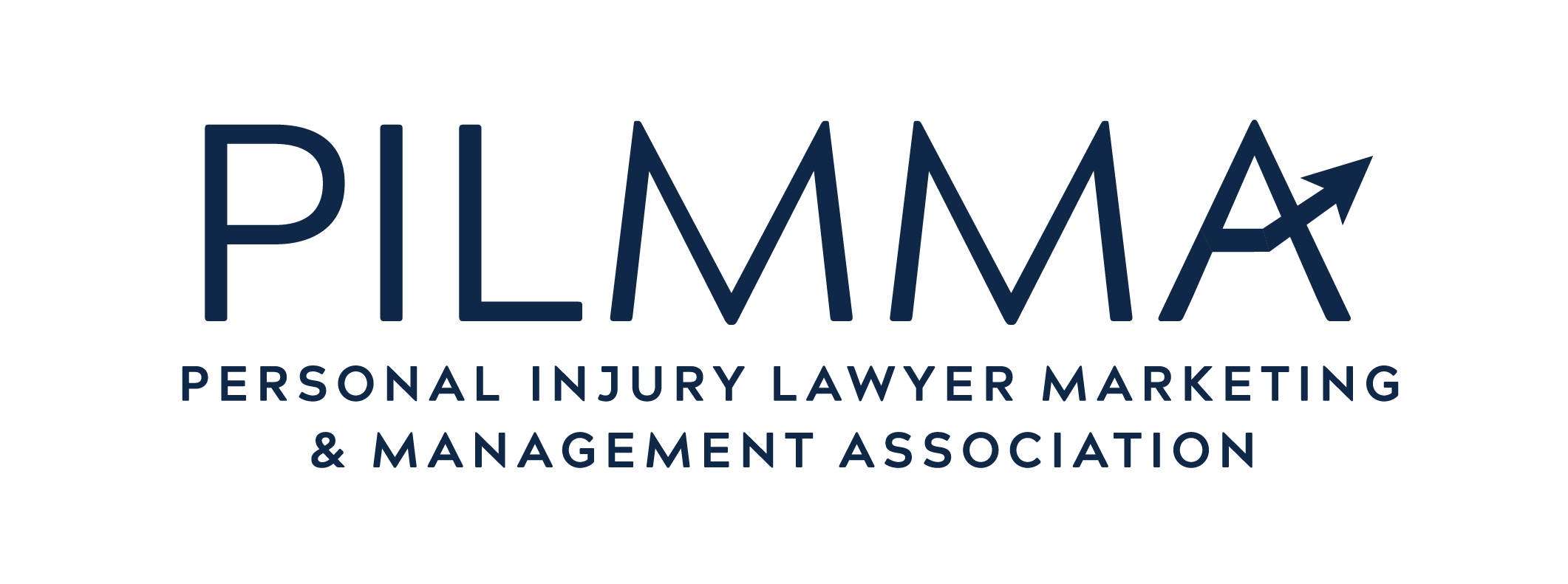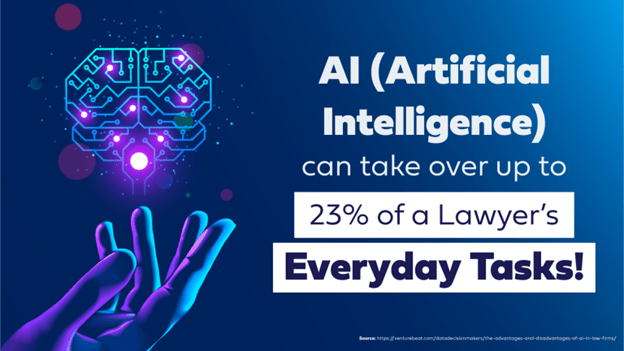Unlock the power of language with ChatGPT, the cutting-edge AI technology revolutionizing how we communicate and work.
ChatGPT is disrupting every industry, and the legal profession is no exception.
To illustrate just how massive its impact is, check out this mindblowing stat: it surpassed giants like Netflix in user adoption. It took Netflix over 40 months to reach 1 million users, while it only took ChatGPT one week to achieve the same. Take a look at the figures:
Before diving into the technicalities behind these powerful assets, let’s quickly wrap our heads around what ChatGPT is.
What’s ChatGPT?
ChatGPT is a variant of the popular language model GPT-3 (Generative Pre-trained Transformer 3). While there’s a vast number of AI tools, what sets this one apart from the rest is the fact that it generates human-like text. It can accurately understand and respond to human language inputs and commands.
Why should firms care?
We’ll go over the potentials and pitfalls in the following section, but overall, one of the most significant legal marketing trends of 2023 is AI (artificial intelligence). Specifically, AI tools that incorporate text-to-text and images, videos, and pretty much anything! Amazing, isn’t it?
Consultwebs, a legal marketing agency, went in depth to showcase how AI is transforming the legal profession. Here’s a powerful takeaway:
The Potential and The Pitfalls Behind ChatGPT
ChatGPT has the potential to revolutionize how we interact with machines and automate tedious tasks, but it also raises concerns about privacy and the potential for misuse. Let’s take a look at both sides of the coin:
The Potential
ChatGPT can help industries in many ways. It can help the legal sector from the perspective of efficiency. It can significantly decrease the time needed for research and ideation in the writing process as it automatically generates text based on the prompts you add. (More on this in the next section.)
The Pitfalls
- One potential drawback of ChatGPT is that it may produce inaccurate or plagiarized text. That is, if you rely entirely on it for all content creation.
- It generates content that may be easily recognizable as AI-generated, and search engines like Google are looking into this.
So, what is recommended for law firms?
Grant Brott, Director of ROI Strategy at Consultwebs, provides his take:
The Proven Prompts to Get the Most out of ChatGPT
While, yes, ChatGPT has flaws, it’s still an incredible asset if you’re looking to work smarter and move faster through some of your more labor-intensive tasks.
How? By providing the machine with the right prompts. A prompt in this context is a phrase or keywords you add in ChatGPT. Think back to the word “chat” – you are chatting with a bot to generate responses. You must know how and what prompts to add to help create replies aligned with what you need.
Let’s take a look at a few proven tactics:
Please note: The following are prompts that have proven successful for the overall usage of ChatGPT. However, the best of the best prompts should always align with your specific needs and goals.
- Stick to shorter sentences. If you’ve got quite a few things in mind, start by breaking down your ideas from beginning to end.
- To start, make it act like someone or something specific; that way; it can understand the writer’s context and goals from the beginning. For example, “Pretend you are a legal content writer” or “I want you to act like ______.”
- Feel free to add any specific goals you have in mind.
- Next, provide the command you’d like help with. Here are some examples:
-
- Can you provide a summary of (add your copy here)?
- List the best/top _______.
- Create a chart using the following (add your pointers).
- Create a tabular form using the following (add your pointers).
- Provide a step-by-step guide for _______.
- Can you translate (add phrase or sentence) into (the language of your choice)?
- Explain (complex concept/term/idea) in simple terms. For example, “Explain legal jurisdiction to a fifth grader.”
- Explain (complex concept/ term/ idea) but do it like ________. For example, “Explain billable hours but do it like Yoda from Star Wars.” This may sound like a complete joke, but….it works! Check it:




